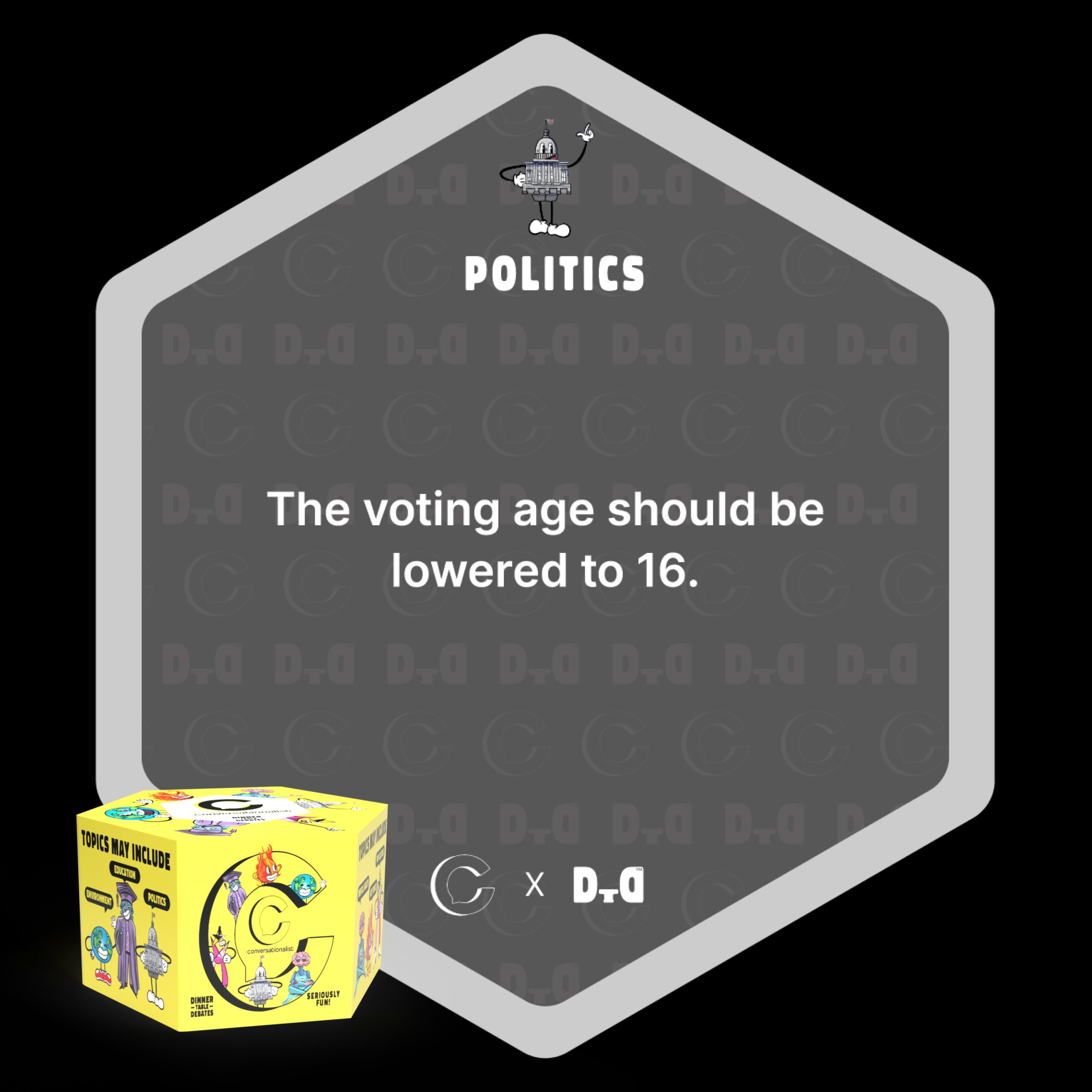When you think about the word "homework," what comes to mind? Maybe it’s late nights hunched over a desk, trying to solve math problems while your friends were outside. Or maybe it’s rushing to finish an assignment on the bus five minutes before class starts. Is homework really the best use of our time outside of school, or are we just holding onto a tradition that’s more about routine than results? The concept of homework dates back to the 19th century, introduced by Italian educator Roberto Nevilis as a way to reinforce learning. Since then, it has become a global staple in education systems but not without controversy. Studies show that U.S. students spend an average of 6.8 hours a week on homework, with high school students often exceeding 10 hours. Research from Duke University suggests homework improves test scores for older students but provides little to no benefit for elementary-aged children. Meanwhile, countries like Finland have drastically reduced or eliminated homework, focusing on in-class learning instead.
Homework affects families, schools, and students’ mental health, shaping how children spend their free time and influencing long-term attitudes toward learning. Proponents argue that it reinforces learning, improves discipline, and levels the educational playing field. Homework helps students retain what they learn in class and develop essential skills like time management and task prioritization, which are transferable to college and careers. Additionally, it provides an equitable way for students, particularly those in underfunded schools, to catch up on material. Critics, however, point out that homework causes unnecessary stress and health issues, particularly among high school students. It reduces time for family, hobbies, and physical exercise while often emphasizing rote memorization over critical thinking. Some educators suggest that children learn best through exploration and meaningful engagement, not through repetitive assignments.
One rebuttal to the stress argument is that poor time management, not homework itself, is the root cause. Teaching students how to handle workloads could be a better solution. Conversely, while homework might teach discipline, extracurricular activities or part-time jobs may develop these skills in a more enjoyable and practical way. Recent debates in states like California and New Jersey have led to legislation limiting homework to manageable levels, such as 10 minutes per grade level. Online learning has also sparked new discussions about the evolving role of homework.
For further debate, the topic could be reframed. Homework could be limited to high school students, tailored to creative or collaborative projects, or made optional and personalized for individual needs. Exploring these options invites critical thinking and highlights the need for balance. Whether you agree or disagree, the complexity of this issue makes it an excellent topic for Dinner Table Debates. If you enjoyed our deep dive, you can explore this and more topics by getting your own Dinner Table Debates deck at DinnerTableDebates.com. Save 10% with code PODCAST10 and join the conversation on Instagram and TikTok. Happy debating!

You work for a large corporation and discover that they've been hiding dangerous safety issues in one of their products. You're living paycheck to...

How old were you when you first felt truly aware of the world around you—the politics, the issues, the community decisions? In many cases...

How long should one person hold the reins of power? Decades? A lifetime? Imagine a workplace where someone stays in the same position for...